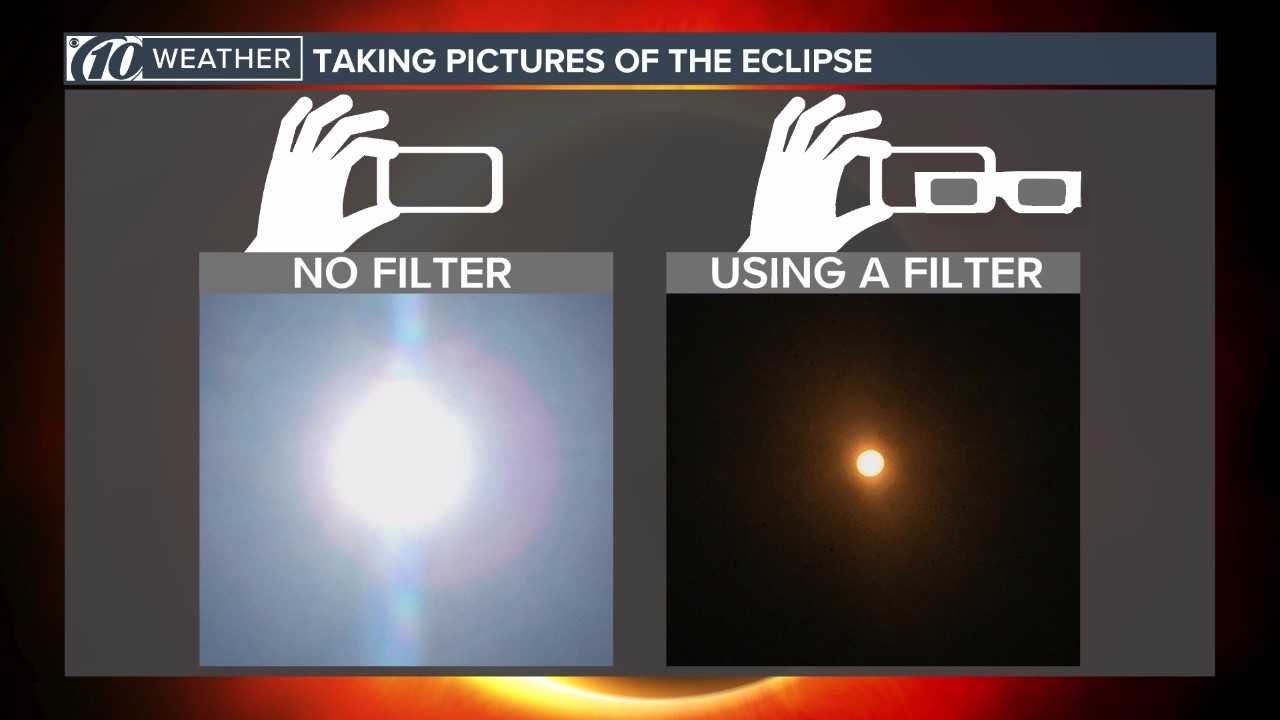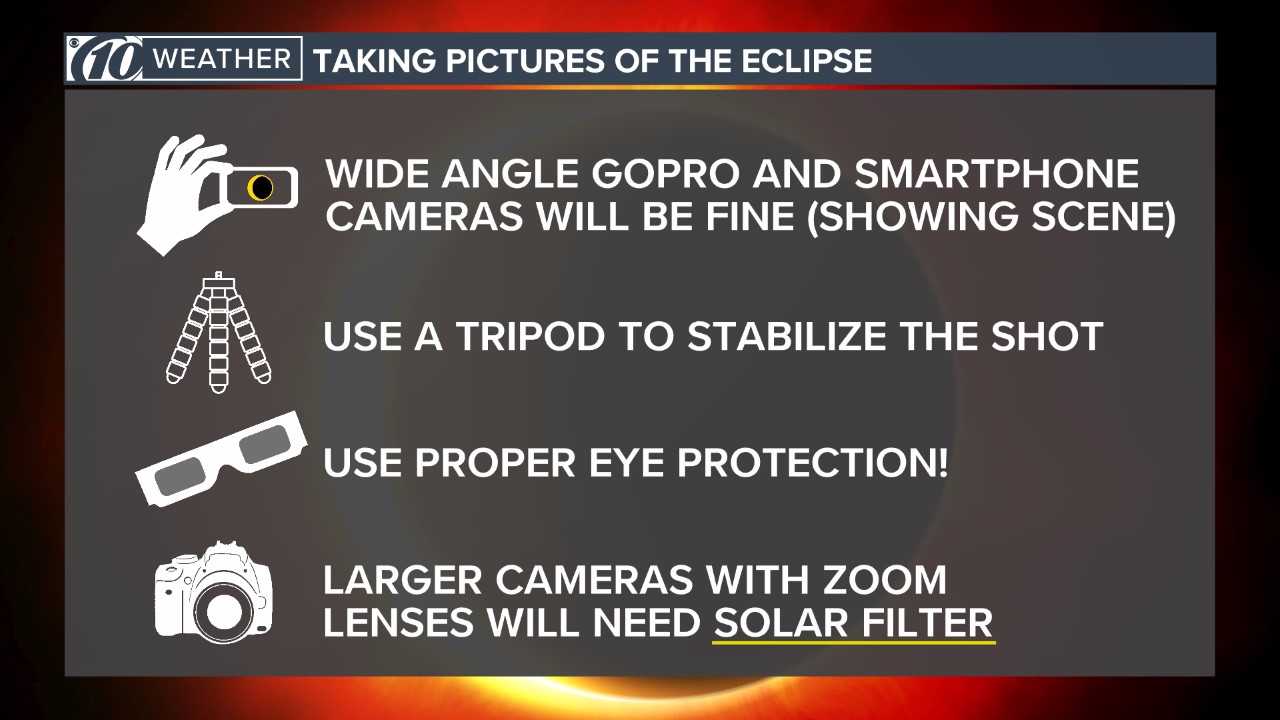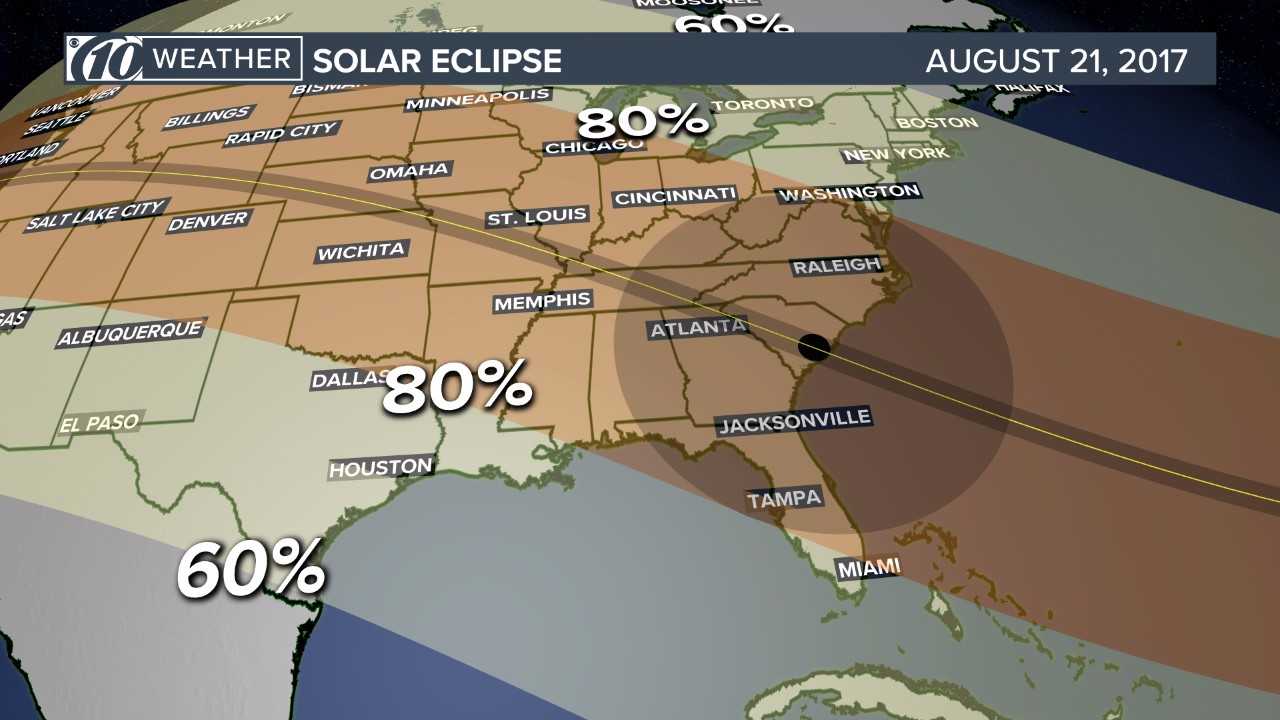Have you ever wondered if looking at an eclipse is truly more dangerous than staring directly at the sun? This question has intrigued many people, especially as solar eclipses continue to capture global attention. The fascination with celestial events often leads to curiosity about their potential risks. In this comprehensive guide, we will delve into the science behind solar eclipses, their impact on human eyes, and whether the risks associated with viewing an eclipse surpass those of looking directly at the sun.
Understanding the dangers of solar exposure is crucial for safeguarding your vision. While the sun emits harmful ultraviolet (UV) rays that can damage the eyes, the allure of an eclipse might tempt individuals to disregard safety precautions. This article aims to provide clarity and actionable advice to help you stay safe during such celestial events.
Whether you're an astronomy enthusiast or simply someone who wants to understand the risks, this guide will cover everything you need to know. From the science behind solar eclipses to practical tips for safe viewing, we'll ensure you're well-informed and prepared.
Understanding Solar Eclipses
A solar eclipse occurs when the moon passes between the earth and the sun, temporarily blocking the sun's light. This rare and awe-inspiring event captivates millions worldwide, but it also carries risks if not viewed properly. The partial phases of a solar eclipse expose the eyes to intense sunlight, making it crucial to understand the mechanics of this phenomenon.
Types of Solar Eclipses
Solar eclipses come in several forms, each with its own characteristics:
- Total Eclipse: The moon completely covers the sun, revealing its outer atmosphere (corona).
- Partial Eclipse: Only a portion of the sun is obscured by the moon.
- Annular Eclipse: The moon appears smaller than the sun, creating a "ring of fire" effect.
The Science Behind Solar Eclipses
Solar eclipses are governed by precise astronomical alignments. The moon's orbit around Earth and Earth's orbit around the sun create conditions where these events occur. Understanding these alignments helps explain why eclipses are predictable yet rare.
Why Is Looking at the Sun Dangerous?
Staring directly at the sun can cause severe and permanent damage to the eyes. The sun emits intense UV radiation that can burn the retina, a condition known as solar retinopathy. This damage occurs without immediate pain, making it particularly dangerous.
The Role of Ultraviolet Radiation
UV radiation from the sun penetrates deep into the eye, damaging the retina's cells. Prolonged exposure can lead to irreversible vision loss. Even brief glances at the sun can have lasting effects, underscoring the importance of protective measures.
Comparing Eclipse Viewing to Direct Sun Exposure
During a solar eclipse, the temptation to look directly at the sun increases. However, the risks remain the same, if not greater. The partial phases of an eclipse expose the eyes to concentrated sunlight, amplifying the potential for damage. Understanding these risks is essential for safe observation.
Is Looking at an Eclipse Worse Than the Sun?
The question of whether an eclipse poses greater risks than direct sun exposure is a common one. While both scenarios involve looking at the sun, the context of an eclipse introduces unique challenges. During an eclipse, the reduced brightness of the sun can create a false sense of safety, encouraging prolonged and unprotected viewing.
Why Eclipses Are Deceptive
The dimmed light during an eclipse tricks the eyes into thinking it's safe to look directly at the sun. This deception increases the likelihood of prolonged exposure, which can lead to severe eye damage. The misconception that an eclipse is less harmful than direct sunlight is a dangerous one.
Scientific Studies on Eclipse-Induced Eye Damage
Research has shown that solar retinopathy cases spike during and after eclipse events. Studies conducted by ophthalmologists highlight the importance of proper protection during these celestial occurrences. For instance, a study published in the Journal of Ophthalmology documented a significant increase in eye injuries following a major eclipse.
Protecting Your Eyes During an Eclipse
Safeguarding your vision during an eclipse requires careful planning and the use of appropriate tools. Whether you're observing a total or partial eclipse, the following guidelines will help ensure your safety.
Essential Safety Gear
Investing in certified eclipse glasses is the best way to protect your eyes. These glasses are specifically designed to filter out harmful UV and infrared radiation. Look for glasses that meet international safety standards, such as ISO 12312-2.
Alternative Viewing Methods
For those without access to eclipse glasses, alternative methods exist:
- Pinhole Projection: Create a simple projector using a box or paper to safely view the eclipse.
- Telescopes with Filters: Use telescopes equipped with solar filters to observe the event safely.
Common Myths About Eclipse Viewing
Misconceptions about eclipse viewing abound, often leading to risky behavior. Dispelling these myths is crucial for promoting safe practices.
Myth: Sunglasses Provide Adequate Protection
Ordinary sunglasses do not offer sufficient protection against the sun's harmful rays during an eclipse. Only specially designed eclipse glasses or solar filters can ensure safety.
Myth: It's Safe to Look at the Sun During Totality
While it's safe to view the sun without protection during the brief moments of totality, this period is extremely short. Mistiming the phases of the eclipse can result in accidental exposure to harmful sunlight.
Historical Perspectives on Eclipse Viewing
Throughout history, cultures around the world have viewed solar eclipses with awe and reverence. Many ancient civilizations developed rituals and practices to observe these events safely. Understanding these historical perspectives sheds light on the enduring fascination with eclipses.
Traditional Practices
Some cultures believed that covering mirrors or staying indoors during an eclipse protected against evil spirits. While these practices were rooted in superstition, they underscored the perceived dangers of eclipse viewing.
Modern Advancements in Safety
Today, advancements in technology and scientific understanding have made safe eclipse viewing more accessible than ever. From eclipse glasses to smartphone apps, tools are available to help enthusiasts enjoy these events responsibly.
Case Studies of Eclipse-Related Injuries
Examining real-world examples of eclipse-related injuries highlights the importance of safety measures. Reports from past eclipses reveal patterns of behavior that contribute to eye damage.
Key Findings
Studies indicate that most injuries occur during the partial phases of an eclipse, when the sun's brightness is partially obscured. This highlights the need for consistent protection throughout the event.
Practical Tips for Safe Eclipse Viewing
Armed with knowledge, you can enjoy an eclipse safely. Follow these practical tips to ensure a memorable and risk-free experience:
- Always use certified eclipse glasses or solar filters.
- Avoid looking at the sun through unfiltered cameras, binoculars, or telescopes.
- Test your eclipse glasses for damage before use.
- Supervise children closely during eclipse viewing.
Conclusion: Stay Safe and Enjoy the Eclipse
In conclusion, looking at an eclipse without proper protection is indeed more dangerous than direct sun exposure due to the deceptive nature of the event. The reduced brightness during an eclipse can lead to prolonged and unprotected viewing, increasing the risk of eye damage. By understanding the science behind solar eclipses and following safety guidelines, you can enjoy these celestial wonders responsibly.
We encourage you to share this guide with friends and family to promote safe eclipse viewing practices. Your feedback and questions are welcome in the comments section below. For more informative articles on astronomy and safety, explore our website further.
Table of Contents
- Understanding Solar Eclipses
- Why Is Looking at the Sun Dangerous?
- Is Looking at an Eclipse Worse Than the Sun?
- Protecting Your Eyes During an Eclipse
- Common Myths About Eclipse Viewing
- Historical Perspectives on Eclipse Viewing
- Case Studies of Eclipse-Related Injuries
- Practical Tips for Safe Eclipse Viewing
- Conclusion: Stay Safe and Enjoy the Eclipse


